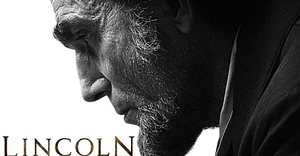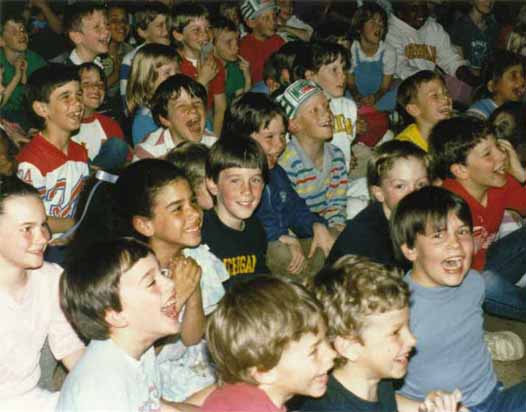 Today is December 7, “the date that will live in infamy” according to the great Franklin D. Roosevelt. But will it?
Today is December 7, “the date that will live in infamy” according to the great Franklin D. Roosevelt. But will it?
Today in 1941, the United States suffered a devastating surprise attack on it’s military and naval forces in the Hawaiian Islands at the hands of a Japanese strike force. The attack destroyed much f the American fighting ability in the pacific, killed thousands of American servicemen and women, sank or destroyed countless naval shops, and propelled the entrance of the United States into the Second World War.
Of course, everyone says they know all about this. And though many do, too many current citizens have a knowledge of Pearl Harbor limited by what they learned watching the ridiculous Ben Affleck movie of the same name. And that is a shame.
A strong knowledge of history is vital to a good understanding of the world in which we live. Without knowing how a country arrived at a particular point, it is impossible to fully understand where it is going and whether or not that is a good thing or a bad thing.
Laws were put into affect to regulate the financial industry and the way in which banks do business following the great depression. Those same laws successfully staved off that kind of financial ruin for decades. But they were overturned in recent times. Opponents of the laws, unable or unwilling to understand the reasons those laws were put into place, fought for their removal. When they succeeded and those laws were rescinded, the country fell directly into the woes that led to the financial crisis of 2008 and many of the problems we are still struggling to solve.
Currently there is a rush to limit the power of Unions, or eliminate them entirely. In the current climate, it is easy for someone not familiar with history to assume Unions have outlived their usefulness. Perhaps they are right. But wisdom and a knowledge of what conditions for workers were like before the rise of unions might suggest otherwise.
Regardless, a knowledge of history must be seen as crucial to the ability to make good decisions today.
And yet, too often, history is taught poorly to our young, allowing a perception to grow that history is “boring” and “dull”. So we see entire generations go by who are quite unfamiliar with the very basics of history, let alone the finer shades and subtleties.
What can be done?
Clearly, it is important to make the study of history exciting and relevant to young people.
What can be done?
Movies, such as the recent film on Abraham Lincoln by filmmaker Steven Spielberg are a good step.
But a love of history must be planted when kids are young. My own teenaged daughter refused an invitation to attend the Lincoln film fearing it would be “boring”.
Start when they are young. Elementary school is a perfect time.
Make history exciting. Make it come alive and jump off the page. Make it human. Make it fun.
This is exactly what we at Mobile Ed attempt to do with our historical assemblies, bringing to life a variety of important people from the past. Abraham Lincoln. Ben Franklin. Mark Twain. Martin Luther King. These are but some of the iconic individuals with which we dazzle children every day.
Does it work?
Yes and no. There are some stubborn individuals that refuse to “get it”. Sadly some of these people are actually teachers themselves. Usually, when we perform at an elementary school, the teachers and staff are overwhelmingly positive and cannot wait to get their excited kids back to class to continue the discussion and further strengthen the lessons of the show. This is great! But occasionally we run into a teacher or a parent who is unknowingly them self an enemy of the teaching of history. A victim, perhaps, in their own upbringing of history taught poorly, these adults suffer from the same inability to understand the excitement intrinsic in a study of the subject, and are therefore incapable of instilling any excitement in their students and children.
But in other ways it does work. Little by little we do get through. many children respond immediately and naturally to the subject when delivered in a compelling manner by a skilled artist. Others are slowly won over. And, in fact, even some of the most stubbornly anti-history adults are occasionally converted. Rome wasn’t built in a day. We slog along and are happy that we make a contribution. Certainly, the vast majority of kids that see our shows are happy and excited by them, and go home that day instilled with new knowledge and, hopefully, a better understanding of the importance of knowing about history.
We think it is worth the effort.
Bring one of our shows to your school this winter. See for yourself!
We think you will be very pleased.
Geoff Beauchamp is the Regional Manager of Mobile Ed Productions where "Education Through Entertainment" has been the guiding principal since 1979. Mobile Ed Productions produces and markets quality educational school assembly programs in the fields of science, history, writing, astronomy, natural science, mathematics, character issues and a variety of other curriculum based areas. In addition, Mr. Beauchamp is a professional actor with 30 years of experience in film, television and on stage. He created and still performs occasionally in Mobile Ed's THE LIVING LINCOLN






